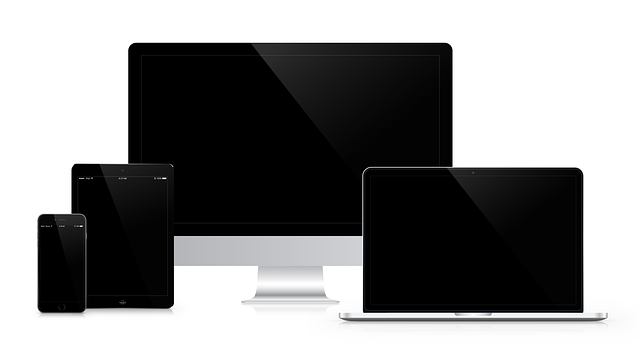Traveling is fun when you take all the technical aspects out of it. But, that’s not how real life works. So, knowing hacks that can make your travels easier is really important. So is knowing how to take care of your valuables.
If you have to pack your laptop in your suitcase then you can only pray for it to reach safely. It can very easily fall prey to careless baggage handlers. Your suitcases aren’t exactly handled with care always even when they say “fragile.” I could make a dark existential joke about that, but let’s keep that to Twitter.
Anyway, laptops are also vulnerable to theft and hacking. Not only do you need to know how to protect your devices from external harm, but you also need to know how to keep your data safe. Here are some measures that can help you stay safe.
Keeping the Hardware Safe
- While packing your laptop, make sure to use a laptop bag or case that is padded to provide your device with cushioning to save it against bumps and cracks.
- Do not put your laptop in your suitcase unless absolutely necessary. Carry your laptop in your check-in on the plane, because the chances of your luggage, and with that your laptop, being misplaced, damaged, or even stolen are higher than if you check it.
- Keep an eye on your laptops at all times, even when you go to the washroom. Carry it with you in your bag because most bathroom stalls have hooks to hang your bags.
- When going through security, unless it is your turn to go through the metal detector, do not put your laptop bag through the security X-ray machine. When you do send it, pay attention to your case as you walk through. If you get held up for a search, ask the agent to grab it.
- Instead of storing the laptop in the overhead storage, store it in the space in front of you so it doesn’t get damaged.
Keeping the Data Safe
- Keep your computer’s security systems up to date. Anti-viruses usually keep updating their security measures and software to detect viruses as soon as a new virus is introduced. You need to keep your software updated to the latest so that no new virus can attack your computer.
- Set a system password if you do not already have one. Set it to shut down or reboot after a number of attempts.
- Clear the cache and turn off auto-fill and remember-password features so that even if your laptop is stolen or hacked, your sensitive information is safe.
- While using public wifis, even airport wifi, try not to make purchases so that you don’t have to type in your personal data and sensitive data like your credit card number or your social security number. It is easy for hackers to steal that information when connected via wifi.
- Be aware of the wifi services you connect to. Sometimes hackers set legit sounding networks to lure people into establishing a connection. Make sure to check the network details before connecting.
Final Thoughts
Your laptop safety basically boils down to keeping it on your person in a well-padded case to avoid external damage and being careful of public networks to protect your data. Don’t forget to add passwords and 2-step authentication methods to everything on your laptop.


 By
By 



